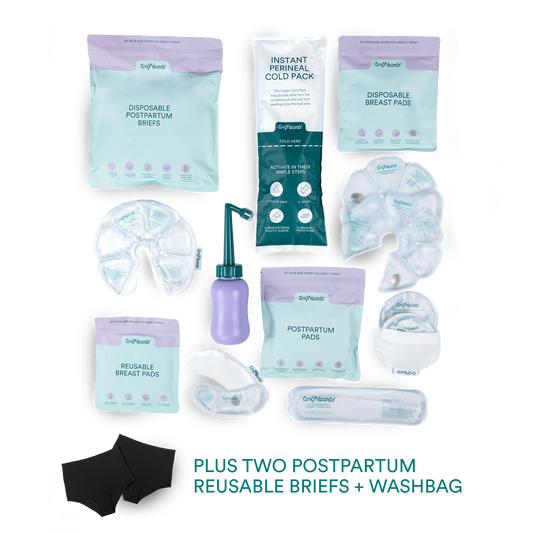As paediatric first aid educators, we meet parents every day who have so many questions relating to the health and wellbeing of their little one. And the questions they ask are always so important!
So, we thought we’d put together some of our most commonly asked questions because we do no doubt that you’ve probably wondered it as well!
My baby seems to vomit A LOT. How much is too much?
There are many different reasons as to why your bub may be vomiting. The most common causes are:
- Infections like gastro or other viral infections like cold and flu
- Gastro-Oesophageal Reflux
- Motion sickness
The good thing is that most of these can be prevented, reduced or treated quite easily. After vomiting, ensure you’re offering your child plenty of fluids, so they don’t become dehydrated. To learn more about reflux and reflux treatment, click here.
You should seek advice for your GP if any of these symptoms occur:
- Poor weight gain as your baby is vomiting up their feeds
- Coughing or choking spells
- Blood or yellow-green bile in the vomit
- Heartburn
- An increase in vomiting or if it becomes forceful after every feed
- They seem generally unwell
If my baby is trying potential allergens for the first time, should I do it close to an emergency department in case of an anaphylactic reaction?
This a question we get asked all the time! If you are trying potential allergen foods for the first time, you DO NOT need to do this near or at a hospital. But it is essential that you closely monitor your child for the first few hours to keep an eye out for any reactions.
If your child is having a mild to moderate reaction, they may experience either one or more of the following symptoms:
- Hives, welts or a rash
- A tingling feeling in or around the mouth
- Abdominal pain, vomiting or diarrhoea
- Facial swelling
If they experience any of these, take them to the GP as soon as possible as they will be able to confirm whether or not your child has had an allergic reaction. If they have had an allergic reaction, a treatment plan will put in place.
If your child is having a severe allergic reaction, also known as anaphylaxis, they experience one or more of:
- Difficult/noisy breathing
- Wheeze
- A persistent cough
- Swelling of the face or tongue
- Swelling or tightness in the throat
- Difficulty speaking or a hoarse voice
- Persistent dizziness
- Collapse or loss of consciousness
- Young children may be pale and floppy
- Pale and sweaty
- Abdominal pain, vomiting or diarrhoea
- Hives, welts, rash
Call 000 for an ambulance if your child experiences any of these symptoms. An ambulance will be dispatched as a priority for all anaphylactic reactions.
It's important to remember that reactions may not present the first time they try a food - it may take two, three or even four times before symptoms present! So, whenever your child consumes a food like peanut butter or egg, ensure you're monitoring them.
On a side note, we also get asked a lot about EpiPens and whether or not you should have one on hand just in case. You don’t need to have one if your child has not been diagnosed with an allergy or anaphylaxis.
If my child is choking, at what point would I need to start CPR?
If your child falls unconscious or stops breathing at any point during choking first aid, you need to start CPR immediately. CPR takes precedence over back blows or chest thrusts if they stop breathing or if they fall unconscious.
Can you use a defibrillator on an infant?
You cannot use a defibrillator on an infant aged 0-1 years old. If you ever find yourself in a situation where you would need to use a defibrillator on an infant, call 000, and they will advise you on the best course of action.
At what age is Asthma usually diagnosed in children?
Generally speaking, Asthma isn’t diagnosed in children until the age of six. Why? There are a number of reasons including:
- Most children under the age of six are unable to complete a spirometry test. This is when a machine measures how hard and fast a child can breathe out into a mouthpiece attached to a tube
- Asthma symptoms like wheezing and coughing are very common in children under the age of six
- Infants and young children’s airways are still developing
If your child is under the age of six and your doctor thinks they may have asthma, they will:
- Ask about any symptoms your child is experiencing and their general health
- Ask about a history of asthma and allergies in the family
- Do a physical examination - this may include listening to the chest or checking the inside of the nose
- Check for any other conditions that could be creating asthma-like symptoms such as bronchiolitis
Can steam be used to treat croup?
Child health experts no longer recommend the use of steam or mist to treat croup as there is no evidence to show that it actually helps.







